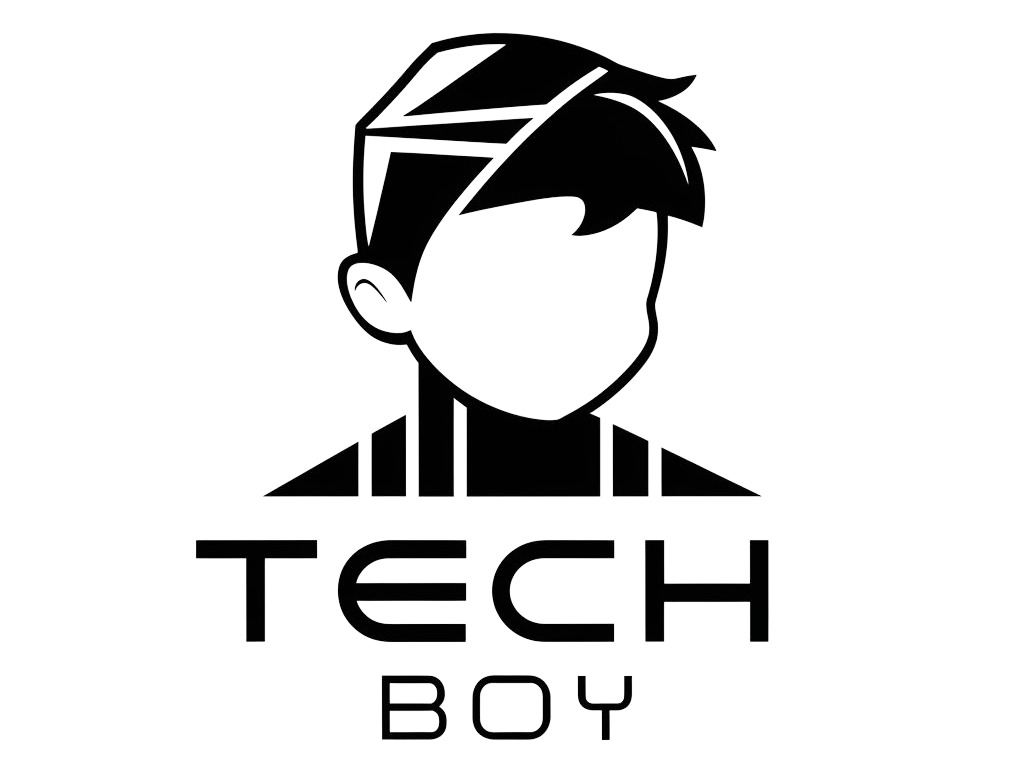Winamp really whips open source coders into frenzy with its source release
As people in the many, many busy GitHub issue threads are suggesting, coding has come a long way since the heyday of the Windows-98-era Winamp player, and Winamp seems to have rushed its code onto a platform it does not really understand.
Winamp flourished around the same time as illegal MP3 networks such as Napster, Limewire, and Kazaa, providing a more capable means of organizing and playing deeply compressed music with incorrect metadata. After a web shutdown in 2013 that seemed inevitable in hindsight, Winamp’s assets were purchased by a company named Radionomy in 2014, and a new version was due out in 2019, one that aimed to combine local music libraries with web streaming of podcasts and radio.
Winamp did get that big update in 2022, though the app was “still in many ways an ancient app,” Ars’ Andrew Cunningham wrote then. There was support for music NFTs added at the end of 2022.
In its press release for the code availability, the Brussels-based Llama Group SA, with roughly 100 employees, says that “Tens of millions of users still use Winamp for Windows every month.” It plans to release “two major official versions per year with new features,” as well as offering Winamp for Creators, intended for artists or labels to manage their music, licensing, distribution, and monetization on various platforms.






